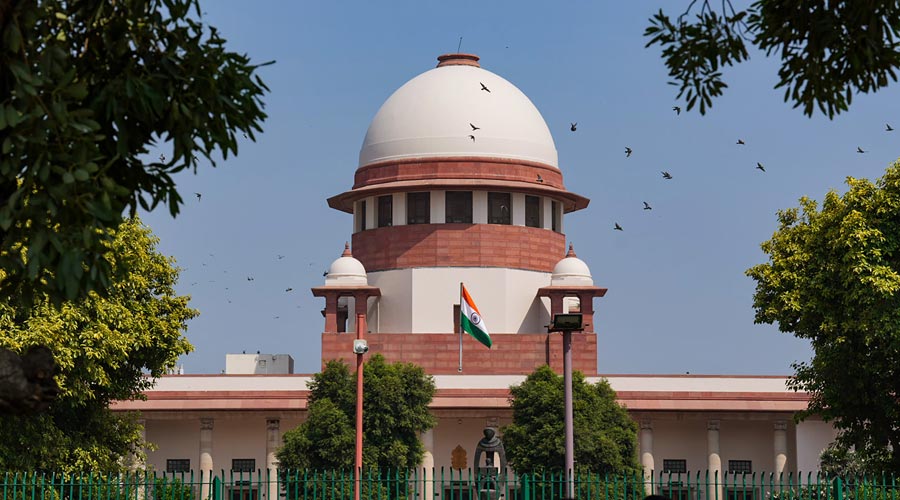The Supreme Court on Monday ruled that banks and financial institutions cannot declare the accounts of borrowers as “frauds” or blacklist the accounts without giving them an opportunity to explain their position.
RBI rules permit the classification of accounts as “frauds”, but since this has serious civil consequences for individuals and organisations, they must be allowed to present their case, the Supreme Court said.
The Reserve Bank of India (Frauds Classification and Reporting by Commercial Banks and Select FIs) Directions 2016 allows such restrictions in the name of public interest.
Under the said clause, the borrower, including the promoters and directors of the company, are barred from availing credit from financial markets and credit markets for a period of five years, and possibly even beyond.
“While acknowledging that the procedure which has been laid down in the Master Directions on Frauds is conceived in public interest, to protect the banking system, we cannot ignore the serious civil consequences which emanate to the borrowers,” the apex court said in its detailed judgment.
The top court said banks and financial institutions must mandatorily hear the borrowers before resorting to such classifications as it rejected the plea of a SBI-led consortium of banks challenging a 2020 judgment of the Telangana High Court.
The high court had ruled that the clauses were unconstitutional and illegal since they did not give an opportunity to the borrowers to be heard before being declared as “fraud” which not only leads to civil but also criminal consequences.
A bench of Chief Justice D.Y. Chandrachud and Justice Hima Kohli invoked the Latin legal doctrine of audi alteram partem which mandates hearing the other side as part of principles of natural justice.
“We hold that the rule of audi alteram partem ought to be read in Clauses 8.9.4 and 8.9.5 of the Master Directions on Fraud. Consistent with the principles of natural justice, the lender banks should provide an opportunity to a borrower by furnishing a copy of the audit reports and allow the borrower a reasonable opportunity to submit a representation before classifying the account as fraud,” the court said.
Classification of an account as fraud has the effect of preventing the borrower from accessing institutional finance.
SC ruling
■ RBI rules allow banks and FIs to declare bank a/ cs as fraud
■ Entities not allowed to explain their position
■ Since this violates the principle of natural justice, apex court has overturned the practice











